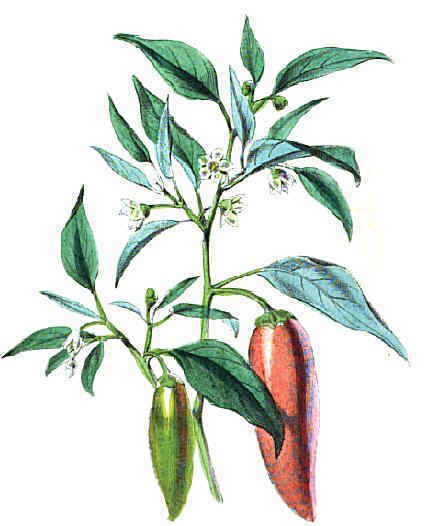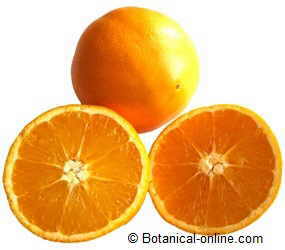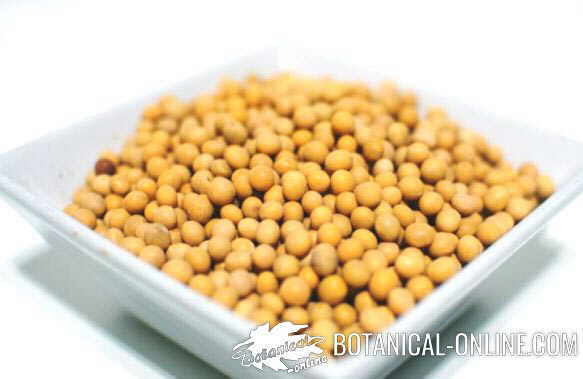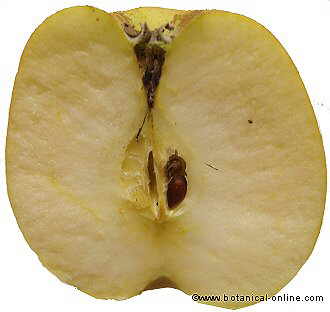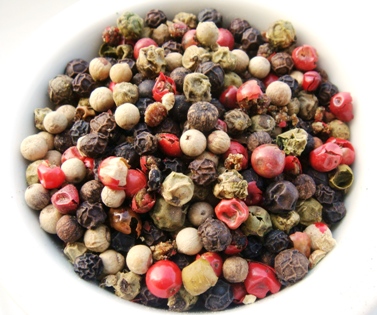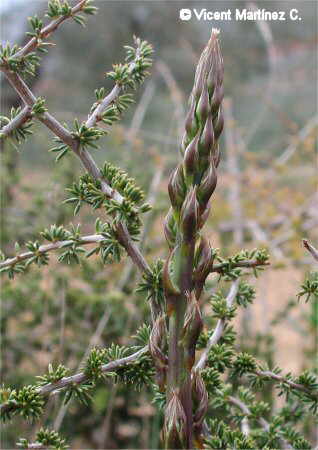Contents
(Uncaria tomentosa)
CAT’S CLAW DANGERS
Is cat’s claw safe?
Cat’s claw is considered safe in the recommended doses and in healthy adults.
The dose of cat’s claw for an adult is usually 2-3 capsules per day of 500mg, although it may vary depending on the weight, age and person.
The appropriate dose for each person should be prescribed by a medical professional.
What components does it contain?
- Oxindolic alkaloids of the tetra and pentacyclic type. Pentacyclic alkaloids are those that have effects on immunity. They are mainly
- Quinovic acid: with anti-inflammatory and antiviral properties.
- Phytosterols: stigmasterol, beta-sitosterol.
 Dangers of cat’s claw: Effects and activity of the plant
Dangers of cat’s claw: Effects and activity of the plant
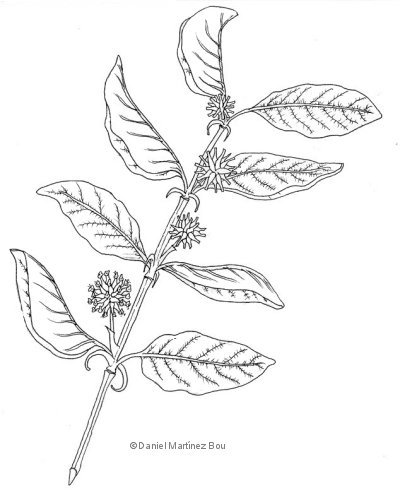 Illustration of cat’s claw (Uncaria tomentosa). Courtesy of ©Dibujosparapintar.com
Illustration of cat’s claw (Uncaria tomentosa). Courtesy of ©Dibujosparapintar.com
Cat’s claw contains two types of alkaloids, on which its medicinal action depends:
- Preparations to increase the immune system contain pentacyclic alkaloids (pteropodine, mitraphylline, uncarine and speciophylline). These components increase phagocytosis (The immune system attacks bacteria and external agents) and help fight bacterial and viral infections. The plant has anti-tumor action in vitro.
- Cat’s claw may contain other types of alkaloids, in smaller amounts, the so-called tetracyclic alkaloids (rhinophylline). These block the medicinal effects of the above and have anticoagulant and hypotensive effect.
Potential toxicity of cat’s claw
Cat’s claw has, above all, important contraindications that must be taken into account before deciding to perform the treatment.
The plant should not be given to people who have been transplanted from an organ, or people with autoimmune diseases.
* More information on the contraindications of cat’s claw.
Cat’s claw during pregnancy and lactation
The safety of the plant has not been tested in pregnant women or during lactation. The components of the plant suggest that it is not adequate and that it should not be taken.
The alkaloids can cross the placenta and mammary barrier to the fetus or baby. The phytoestrogens it contains may have abortifacient effects, so cat’s claw is contraindicated during pregnancy and lactation.
![]() More information on cats claw
More information on cats claw

